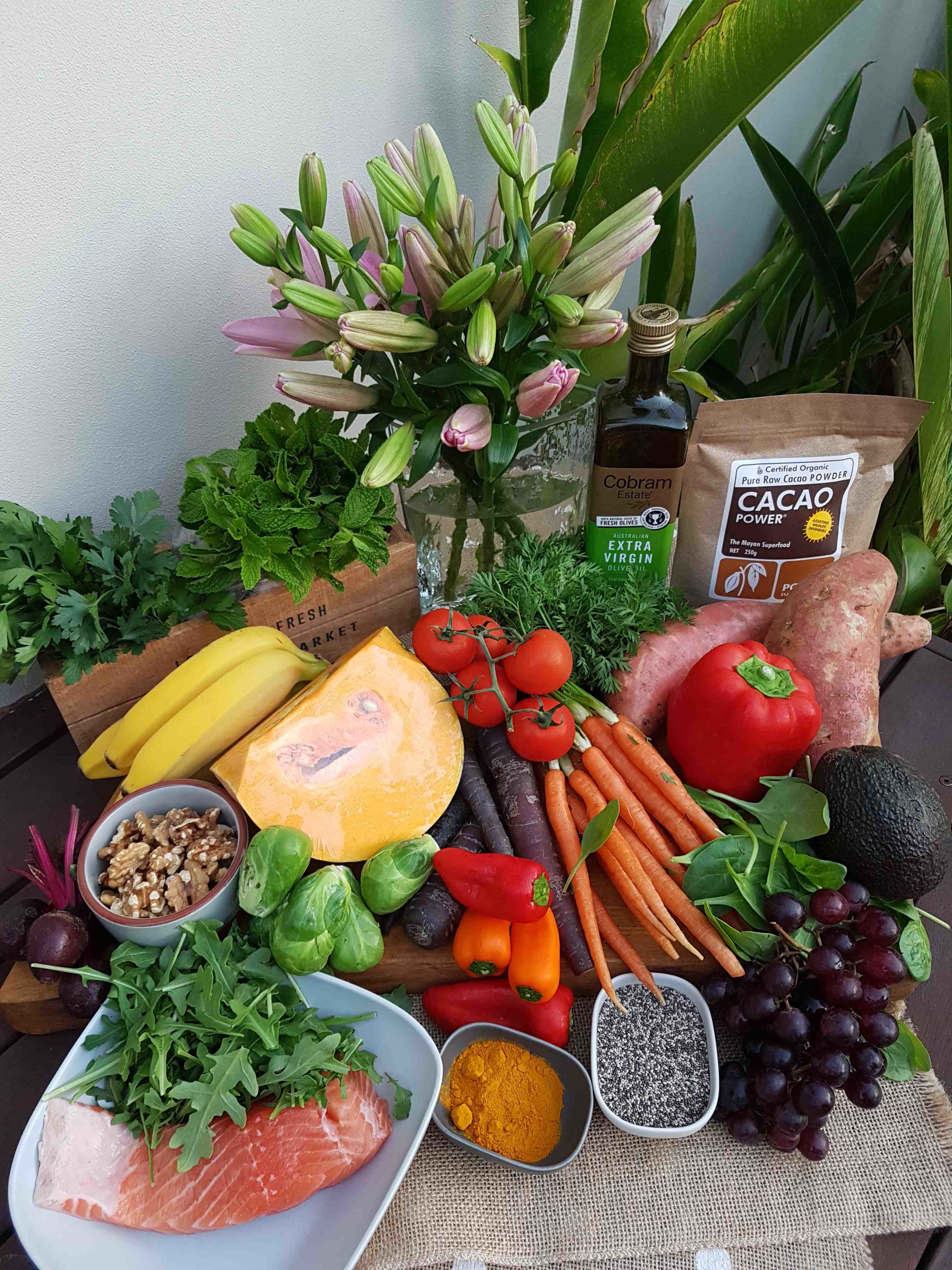 Inflammation is the body’s natural response by its immune system to repair a damaged cell. Most people have experienced acute inflammation at some time with an insect bite, a cut or an injury. This results in redness, swelling and pain as the body works to repair the damaged tissue. However, chronic inflammation lingers on for quite some time. It is caused when the body’s immune system fights against its own body cells, producing pain and causing a harmful inflammatory response.
Inflammation is the body’s natural response by its immune system to repair a damaged cell. Most people have experienced acute inflammation at some time with an insect bite, a cut or an injury. This results in redness, swelling and pain as the body works to repair the damaged tissue. However, chronic inflammation lingers on for quite some time. It is caused when the body’s immune system fights against its own body cells, producing pain and causing a harmful inflammatory response.
Some medical conditions like inflammatory bowel disease, rheumatoid arthritis are known to trigger inflammation in the body. Whereas, other medical conditions (eg Type 2 Diabetes, cardiovascular disease, and excess weight) are chronic inflammatory conditions in themselves. Lifestyle factors such as limited physical activity, excessive intakes of processed foods (high in saturated fat or omega 6 fatty acids, salt and sugar), poor sleep, stress and other environmental factors have been shown to contribute to this inflammation.
We can fuel the beneficial gut bacteria that are known to suppress inflammation with an abundance of nourishing, whole and real food. If you include anti-inflammatory foods into your day, your body will enjoy the benefits.
anti-inflammatory foods
Turmeric (contains curcumin) is a stand-out spice for its anti-inflammatory and anti-oxidant properties. You can add it to a dressing, use it in soups, lentil and curry dishes. Some people even include it in their smoothie in the morning! Adding a touch of black pepper to turmeric will increase its absorption.
To continue with the vibrant colour theme, fill half your plate with anti-oxidant rich vegetables such as leafy greens (spinach, kale, baby spinach, asparagus), together with some bright reds and oranges (tomatoes, red cabbage, beetroot, capsicum, carrot, sweet potato, pumpkin). Blueberries, red grapes, kiwifruit and pawpaw also pack an anti-inflammatory punch. Other foods such as cacao, green tea, dark chocolate and a cup of coffee are also high in anti-oxidants.
omega 3 and nourishing fats
Foods rich in omega 3 fatty acids can also improve inflammatory conditions. Try to include at least three meals of oily fish (salmon, tuna, mackeral, sardines) a week. Walnuts, chia seeds, flaxseeds and flaxseed oil are plant based omega 3 fatty acids.
Enjoy nourishing fats like avocado, nuts, seeds in your meals and snacks. Importantly, extra virgin olive oil is associated with reducing risk of inflammation due its natural oleocanthal and vitamin E content.
Choosing a variety of high-fibre foods such as lentils, chickpeas, back eyed beans and other legumes is a great way to enjoy plant proteins, and they also happen to be low in glycemic index (GI). Low GI foods are important because they promote stable blood glucose levels which also help to minimise the body’s risk of inflammation.
To complement your anti-inflammatory food choices, make sure that you have adequate restorative sleep (at least 6 hours each night) and embrace more movement with your body.
